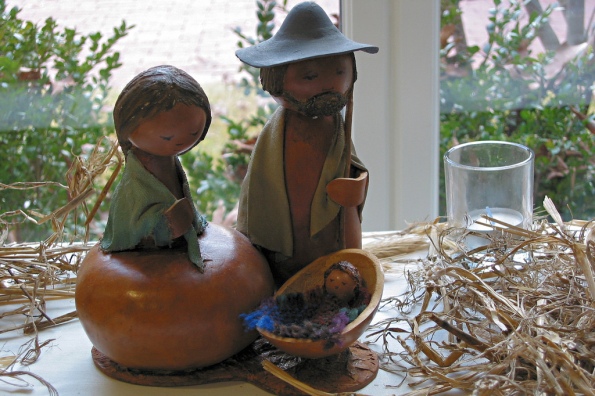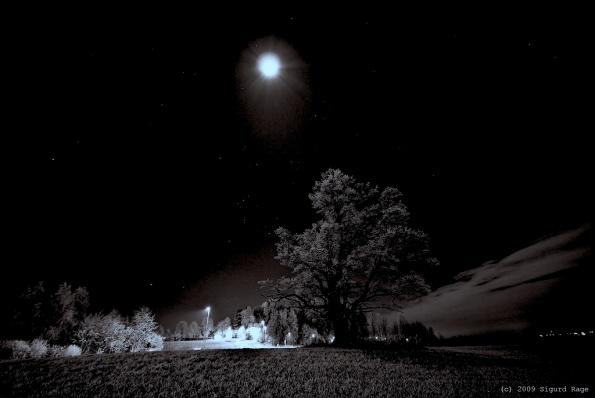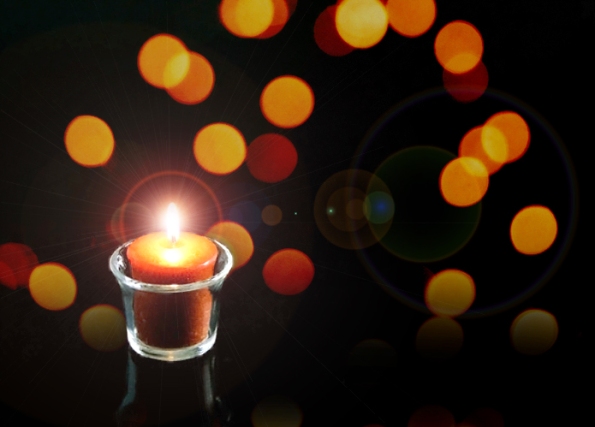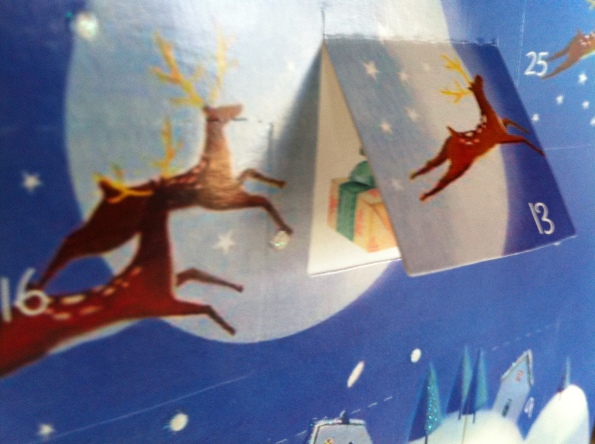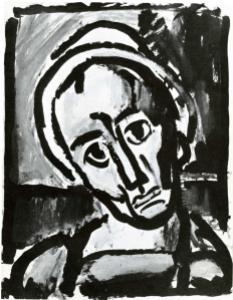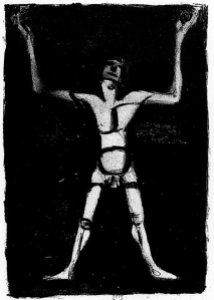Hear O Israel
4Hear, O Israel! The Lord is our God, the Lord alone. 5You shall love the Lord your God with all your heart and with all your soul and with all your might. [1]
Moses calls the people to attention with the words, “Sh’ma Yisrael Adonai Eloheinu Ehad.” To this day, the Jewish people sing these words each day and especially each Shabbat. These words form the heart of Torah. When asked what is the most important commandment of all, Jesus replies,
“The most important is, ‘Hear, O Israel: The Lord our God, the Lord is one. 30 And you shall love the Lord your God with all your heart and with all your soul and with all your mind and with all your strength.’ 31 The second is this: ‘You shall love your neighbor as yourself.’ There is no other commandment greater than these.” [2]
This commandment stands at the heart of Jewish identity and Christian faith.
Christians tend to focus immediately upon the command to love God and love one another. But it is worth pausing before the opening words, “Sh’ma Yisrael Adonai Eloheinu Ehad.” The statement is difficult to translate. Hebrew scholar JH. Tigay highlights the difficulty in translating the statement,
…the precise meaning of the Shema is uncertain. The four Hebrew words “YHVH ʾeloheinu YHVH ʾeḥad” literally mean “YHVH our God YHVH one.” Since Hebrew does not have a present-tense verb meaning “is” to link subject and predicate, the link must be supplied by the listener or reader. Where to do so depends on context and is sometimes uncertain. Grammatically, “YHVH our God YHVH one” could be rendered in several ways, such as (1) “YHVH is our God, YHVH alone”; (2) “the Lord our God, the Lord is one” (lit., “YHVH our God, YHVH is one”); (3) “YHVH our God is one YHVH.”[3]
He concludes that “Hear, O Israel! The Lord is our God, the Lord alone” is probably our best translation since second phrase, is not focused on monotheism but on the exclusive relationship that the Lord has with his people. Thus, “the Lord alone” may be the best rendering.
Reflecting on this call to attention, “Hear, O Israel! The Lord is our God, the Lord alone,” I am struck by the command to hear, to listen. When God creates, he speaks. By his word, he commands the sun and moon and stars to exist. By his word, he commands, the waters to recede and make room for the land. By his command the world is created.
He speaks and the power of Pharaoh is broken over Israel. He calls his people out of Egypt and they come. Nothing can stop the power of his word. At Mt. Sinai, he calls his people, “Hear O Israel.” By his word, these former slaves of Egypt are formed into a community.
Israel is his covenantal name for Jacob. It is a name of promise. The Lord calls Jacob to be a prince of a royal people, set apart unto God. Now after hundreds of years in captivity, the word calls these descendants of Jacob, Israel: the beloved people of God.
We begin with the Lord calling his beloved people to himself. And immediately, we hear his pledge of love and fidelity to his people. He redeemed them from Pharaoh, and he is leading them to a place of abundance, a wide open space of promised rest. By his word, he is forming them, shaping them into a holy people.
This formation is not an act of force that violates the human person, but rather it is a promise of covenantal relationship that will heal his people. He will bind himself to them, promising his faithful love and kindness. Covenantal commitment shapes the entire story of Scripture.
The call to attention is immediately followed by a repetition of the Lord’s covenant name, YHVH or Adonai (recognizing the holiness of the name, the Jews insert Adonai for the name YHWH). So in one statement, we hear an emphasis on covenant repeated three times: Israel, Adonai, Adonai.
The Creator of Israel is the Creator of the world, and though he is high and holy (over and above the creation), he is present in the midst of his people.
15 For thus says the One who is high and lifted up,
who inhabits eternity, whose name is Holy:
“I dwell in the high and holy place,
and also with him who is of a contrite and lowly spirit,
to revive the spirit of the lowly,
and to revive the heart of the contrite. (Isaiah 57:15 ESV)
17 The LORD your God is in your midst,
a mighty one who will save;
he will rejoice over you with gladness;
he will quiet you by his love;
he will exult over you with loud singing. (Zephaniah 3:17 ESV)
He is not far off. He is not transcendent in a way that prevents him from being present to his people. He is present in the midst of his people and his creation with love and joy and saving grace.
This Creator God who is also the Lord of Israel is also the Lord alone. He calls his people to exclusive relationship. He is not one of many lords that they might turn to for help. He is not the lord of a particular city or a particular mountain. Though he speaks to them from Sinai now, he will speak to them from the cloud and the fire in the desert. He will speak to them from the tent of meeting. He will speak to them from Mt Zion.
He demands an exclusive relationship with his people. Thus in the Shema, we hear the whole first command. In Deuteronomy 5, we hear an expanded narrative of the covenantal Lord.
“Hear, O Israel, the statutes and the rules that I speak in your hearing today, and you shall learn them and be careful to do them. 2 The Lord our God made a covenant with us in Horeb. 3 Not with our fathers did the Lord make this covenant, but with us, who are all of us here alive today. 4 The Lord spoke with you face to face at the mountain, out of the midst of the fire, 5 while I stood between the Lord and you at that time, to declare to you the word of the Lord. For you were afraid because of the fire, and you did not go up into the mountain. He said:
6 “ ‘I am the Lord your God, who brought you out of the land of Egypt, out of the house of slavery.
7 “ ‘You shall have no other gods before me. [4]
Adonai, the Lord loves Israel. Calls Israel to himself. Redeems Israel from slavery. And calls Israel to an exclusive relationship: “No other gods.” All other gods (human lords and local deities) will enslave his people, dehumanize his people, and ultimately destroy his people. This initial command is not a petty human jealousy, it is the call of a true father to his beloved people. It is the call out of death (and powers that lead to death) and into life.
The true father calls his people. He is present in his call with real power that can lead his people out of slavery (Egypt) and into freedom (promised land). The command to love that immediately follows this call is a command to become images of himself. They are created in his image and in his likeness. Now he calls them (with real power) to become what they are created to be.
Only now can we begin to think about the obedience inherent in the command to love. This obedience is the response of a child to the loving father, and never a condition for the orphan to become a child.
[1] Jewish Publication Society. (1985). Tanakh: The Holy Scriptures (Dt 6:4–5). Philadelphia: Jewish Publication Society.
[2] The Holy Bible: English Standard Version. 2001 (Mk 12:29–31). Wheaton: Standard Bible Society.
[3] Tigay, J. H. (1996). Deuteronomy. The JPS Torah commentary (438–439). Philadelphia: Jewish Publication Society.
[4] The Holy Bible: English Standard Version. 2001 (Dt 5:1–7). Wheaton: Standard Bible Society.



